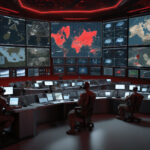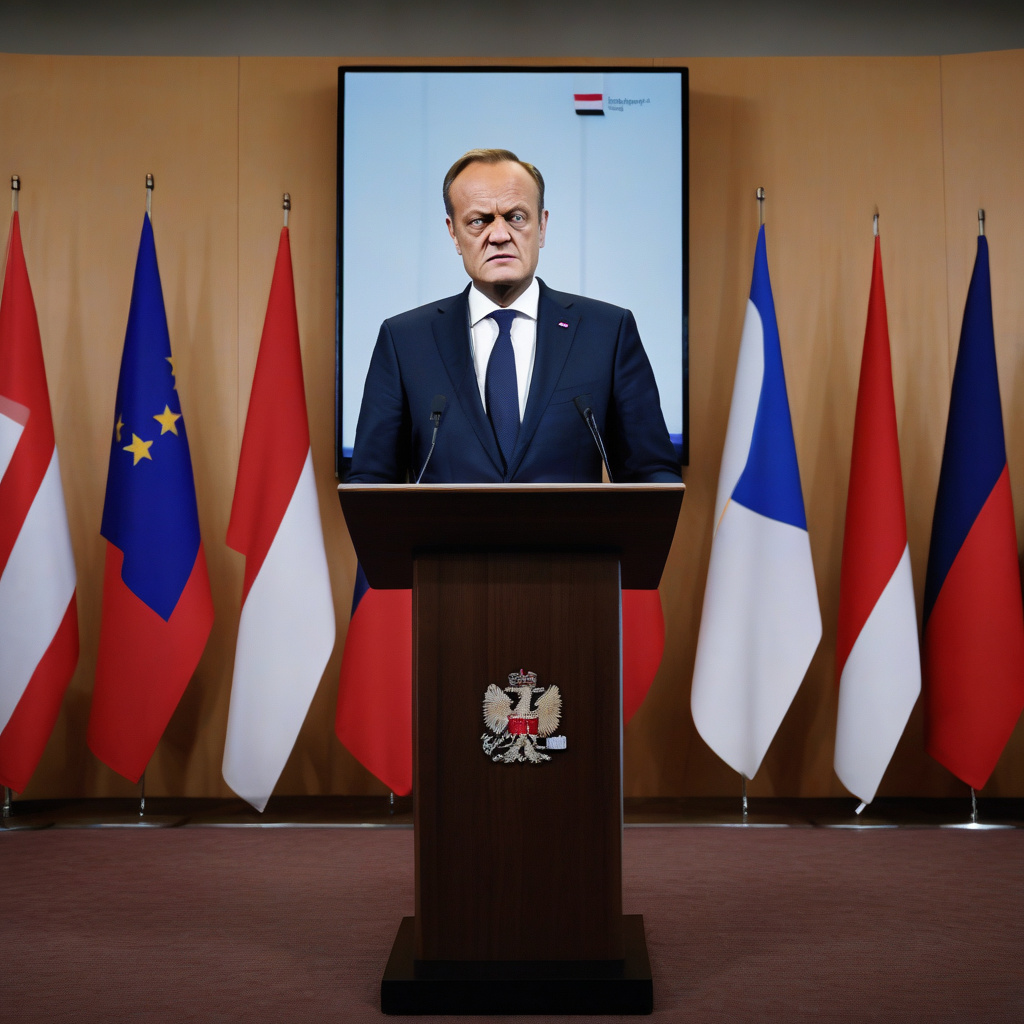Tusk’s Warning: The Strategic Importance of Satellite Technology in International Conflicts
Former European Council President Donald Tusk recently issued a cautionary message following a social media clash between the United States and Poland. The incident underscored the critical role of satellite technology in modern international conflicts and shed light on how private companies can sway geopolitical dynamics.
In today’s digital age, the use of satellite technology has become increasingly vital in shaping the outcomes of global disputes. From providing real-time surveillance to enabling secure communication channels, satellites play a crucial role in gathering intelligence and facilitating military operations. In the case of the US-Poland social media clash, the reliance on satellite technology likely influenced the flow of information and the strategies employed by both parties.
Moreover, the incident serves as a stark reminder of the power that private companies hold in shaping geopolitical dynamics. With tech giants and telecommunications firms expanding their reach into the realm of satellite technology, their influence on international affairs has grown significantly. These companies not only have the resources to develop cutting-edge satellite systems but also possess the capability to leverage data and communication networks for strategic purposes.
The US-Poland social media clash is just one example of how private entities can impact diplomatic relations and national security. By controlling satellite infrastructure and data transmission, these companies have the potential to shape narratives, manipulate information, and even disrupt communication channels during times of conflict. As such, their involvement in international affairs raises important questions about transparency, accountability, and the ethical use of advanced technologies.
In light of these developments, Tusk’s warning against arrogance in the face of technological advancements carries significant weight. As nations and private companies continue to compete for dominance in the satellite technology sector, it is crucial to exercise caution and foresight in order to prevent escalation and miscalculation. By promoting dialogue, cooperation, and responsible governance of satellite resources, stakeholders can mitigate the risks associated with unchecked technological influence.
Ultimately, the US-Poland social media clash serves as a wake-up call for policymakers, military leaders, and technology experts alike. The strategic importance of satellite technology in modern conflicts cannot be understated, and the potential for private companies to shape geopolitical dynamics demands careful consideration. By heeding Tusk’s warning and recognizing the implications of unchecked arrogance in the digital age, stakeholders can work towards a more secure, transparent, and equitable future for international relations.
satellite technology, international conflicts, private companies, geopolitical dynamics, Donald Tusk












